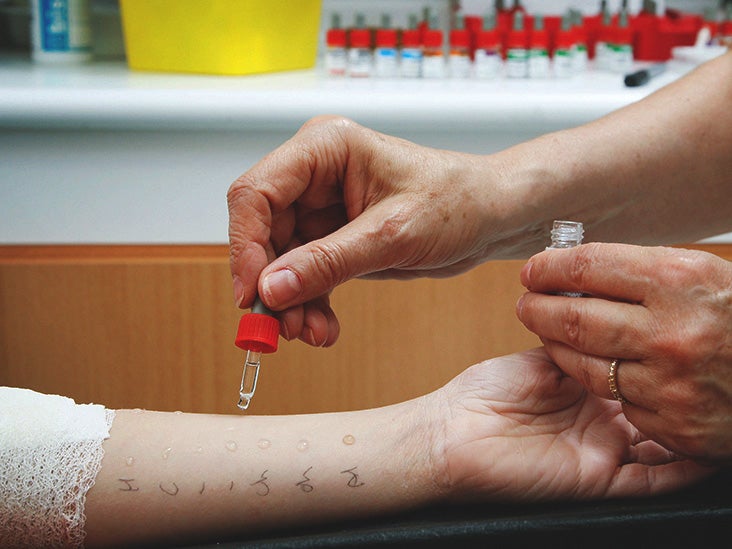
Allergy Screening Home Test Kits

Glucose Level Monitoring Home Tests
Trying to figure out if you’re pregnant can be a nerve-wracking experience. The good news is that there are at-home pregnancy tests that can give you a pretty accurate answer in just a few minutes. In this article, we’ll walk you through everything you need to know about pregnancy tests so that you can make the best decision for your needs Vitamin D deficiency test.
How do Pregnancy Tests Work?
Pregnancy tests work by detecting the presence of the hormone human chorionic gonadotropin (hCG) in your urine. HCG is produced by the placenta shortly after implantation of the fertilized egg and continues to rise as the pregnancy progresses.
There are two types of at-home pregnancy tests: those that use strips and those that use digital readouts. Both types work by detecting hCG in your urine, but digital readouts are usually considered to be more accurate.
When Should I Take a Pregnancy Test?
The best time to take a pregnancy test is first thing in the morning, when your urine is most concentrated. If you take the test too early, there’s a chance that it might not be able to detect the level of hCG in your urine, which could lead to a false negative result.
If you want to be absolutely sure that you’re getting an accurate result, wait until you’ve missed your period before taking the test.
What are the Different Types of Pregnancy Tests?
There are two main types of pregnancy tests: over-the-counter (OTC) and prescription. OTC tests are widely available at drugstores and supermarkets, while prescription tests must be ordered through a healthcare provider.
Both types of tests are highly accurate, but prescription tests may be slightly more expensive.
Conclusion:
If you think you might be pregnant, an at-home pregnancy test is a quick and easy way to find out for sure. Pregnancy tests work by detecting the presence of hCG in your urine, and they can be taken as early as first thing in the morning after you miss your period. There are two main types of pregnancy tests: OTC and prescription, and both are highly accurate. So no matter which type of test you choose, you can rest assured knowing that you’re getting an accurate result.
If the pregnancy test comes back positive, it’s important to make an appointment with your doctor or midwife. They can help you confirm your pregnancy, discuss any risks associated with it, and come up with a plan for the weeks ahead. Your doctor or midwife will likely order blood tests to check your hCG levels as well as other important markers of health. They can also monitor your progress throughout the pregnancy to ensure that both you and your baby are healthy.
It’s also important to make sure you’re eating a balanced diet, getting regular exercise, and taking prenatal vitamins with folic acid during your pregnancy. Taking care of yourself during this time is essential for a healthy pregnancy and a healthy baby. If you have any questions or concerns, don’t be afraid to talk to your doctor or midwife. They can provide you with the support you need for the months ahead.
